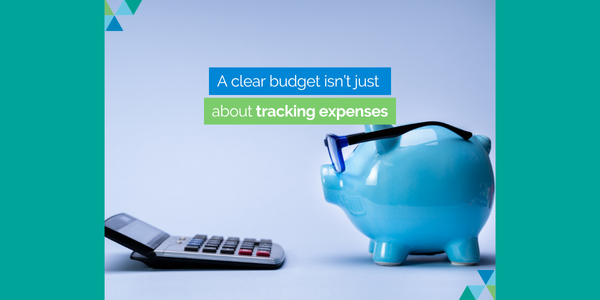When enough is really enough
As business owners it's very easy to feel like we are achieving something if we feel busy. Often though, that busyness is a result of inefficiency – either your own or your teams.
And when we are being inefficient, it's easy for us to tip the work/life balance scales in favour of the work quotient and before you know it, you're spending all your time at work and your family life suffers.
We believe this problem can be addressed by a few things, the most important is to put some clear financial goals in place – and stick to them.
By having clear financial goals in place, you can work hard as an organisation to achieve those goals. Once they have been achieved – and here is the hard part – you can relax, go home early and spend some time with your family.
For example, if your goal is to achieve $100k in revenue for a month and you achieve that goal by the 20 th of the month, celebrate that and then take it easier for the next 10 days. Take the opportunity to get home a bit earlier and spend time with the family while you can.
If you have reached your budget and an opportunity arises to make more money on a job or opportunity that you know will cause you pain. Have the confidence to say no.
There is a great fable about a Mexican Fisherman that was featured in the 4 Hour Work Week by Tim Ferris. It illustrates this point perfectly.
An American investment banker was at the pier of a small coastal Mexican village when a small boat with just one fisherman docked. Inside the small boat were several large yellowfin tuna. The American complimented the Mexican on the quality of his fish and asked how long it took to catch them.
The Mexican replied, "only a little while. The American then asked why didn't he stay out longer and catch more fish? The Mexican said he had enough to support his family's immediate needs. The American then asked, "but what do you do with the rest of your time?"
The Mexican fisherman said, "I sleep late, fish a little, play with my children, take siestas with my wife, Maria, stroll into the village each evening where I sip wine, and play
The American scoffed, "I am a Harvard MBA and could help you. You should spend more time fishing and with the proceeds, buy a bigger boat. With the proceeds from the bigger boat, you could buy several boats,
The Mexican fisherman asked, "But, how long will this all take?"
To which the American replied, "15 – 20 years."
"But what then?" Asked the Mexican.
The American laughed and said, "That's the best part. When the time is right you would announce an IPO and sell your company stock to the public and become very rich, you would make millions!"
"Millions – then what?"
The American said, "Then you would retire. Move to a small coastal fishing village where you would sleep late, fish a little, play with your kids, take siestas with your wife, stroll to the village in the evenings where you could sip wine and play your guitar with your amigos."
Another way to help tip the work-life balance scales back in the favour of having a life is to instil some systems and processes to help guide your team to work efficiently. If your staff are busy being busy, that will often have a negative flow on effect to you.
Ultimately it's your choice how much time you spend in your business and how much time you spend at home. If you feel like your home life is suffering as a result of your business, channel you inner Mexican Fisherman, achieve your goals efficiently, then go and live your life!










